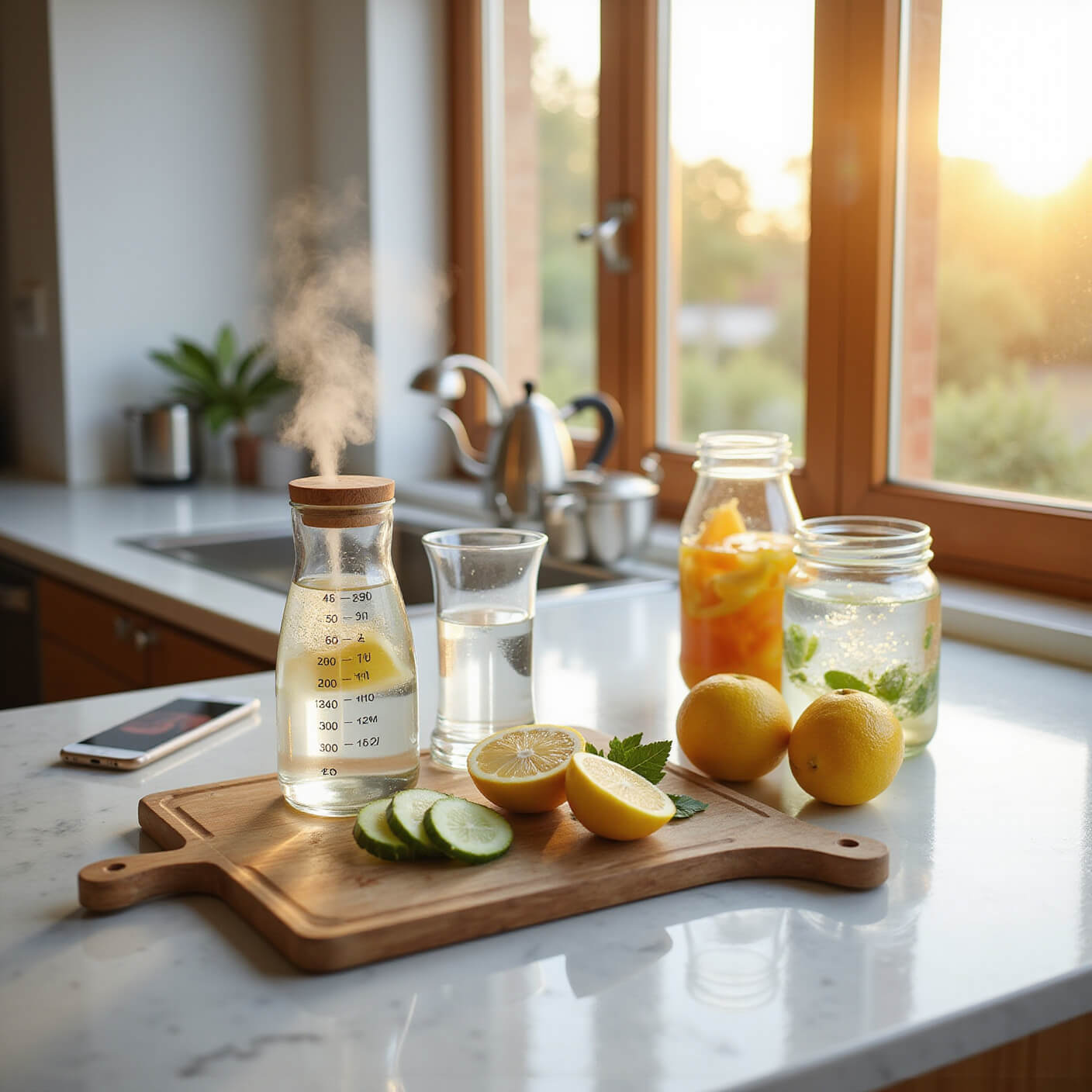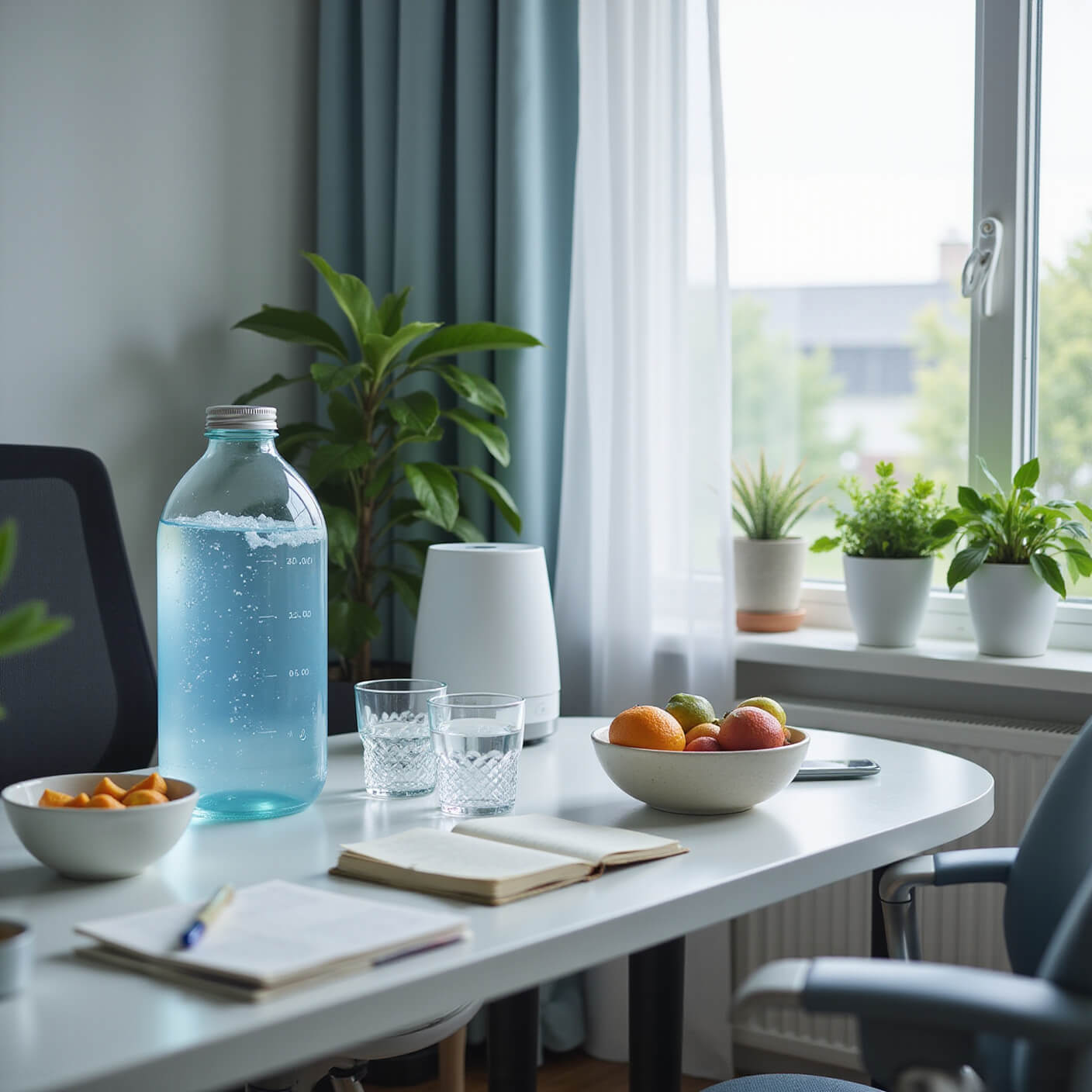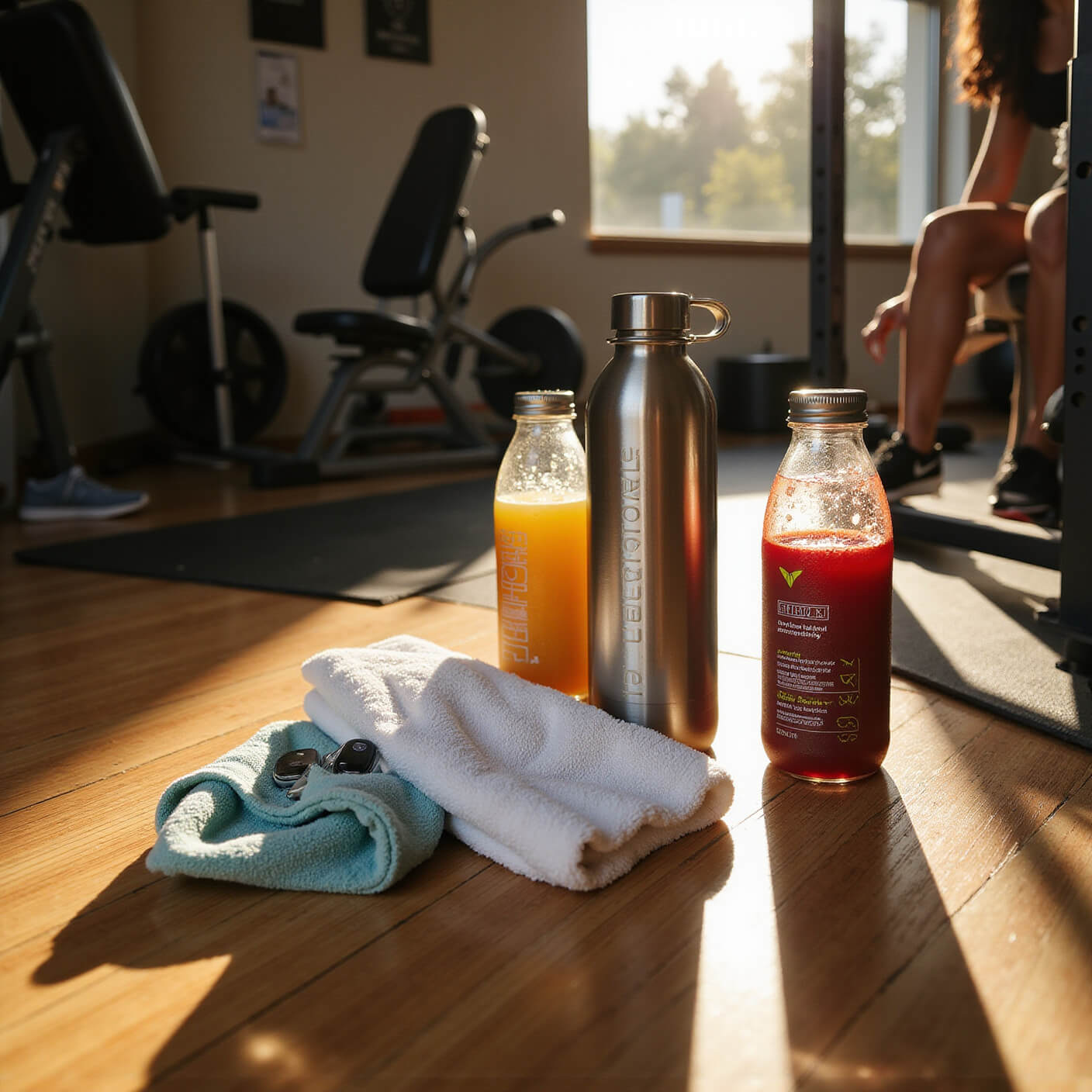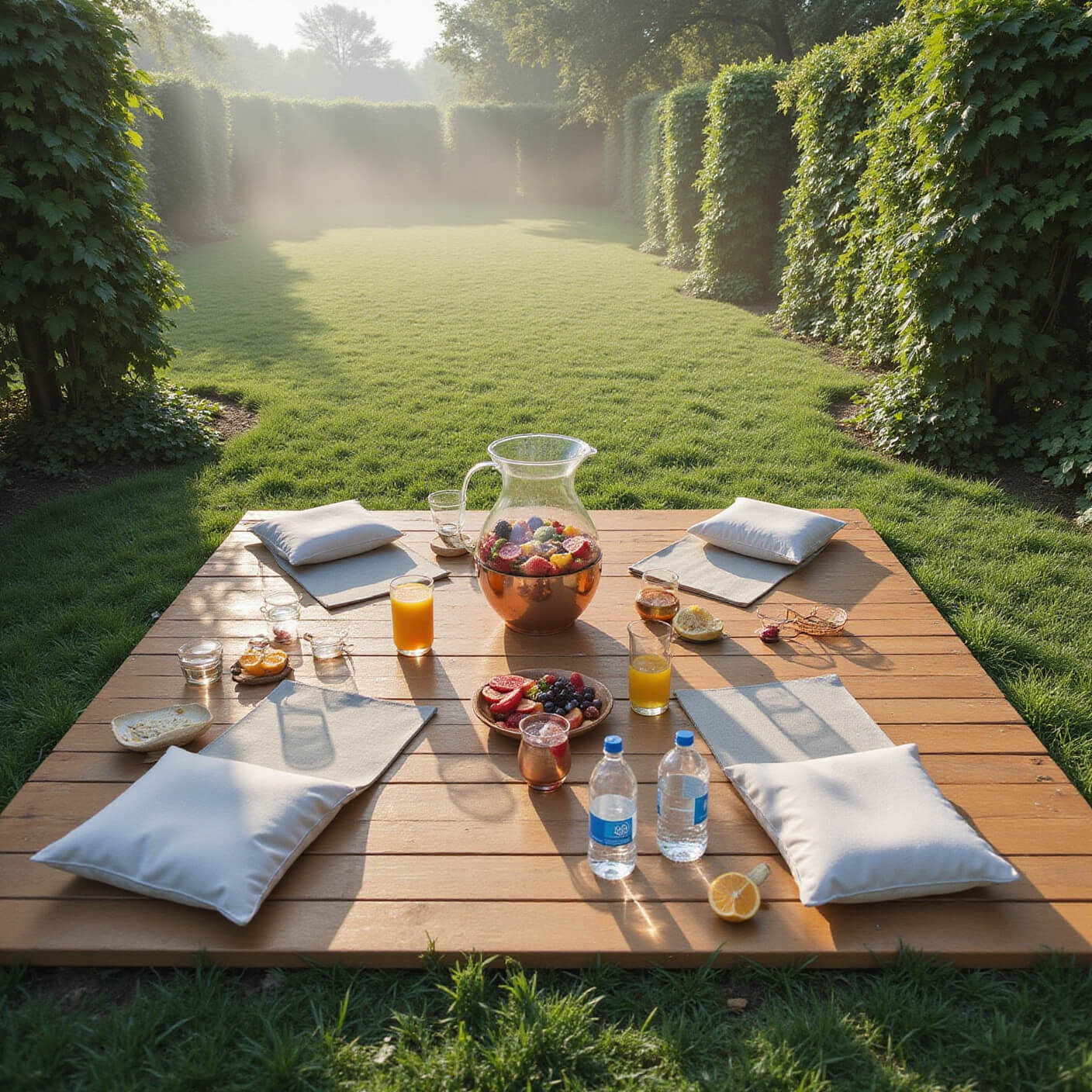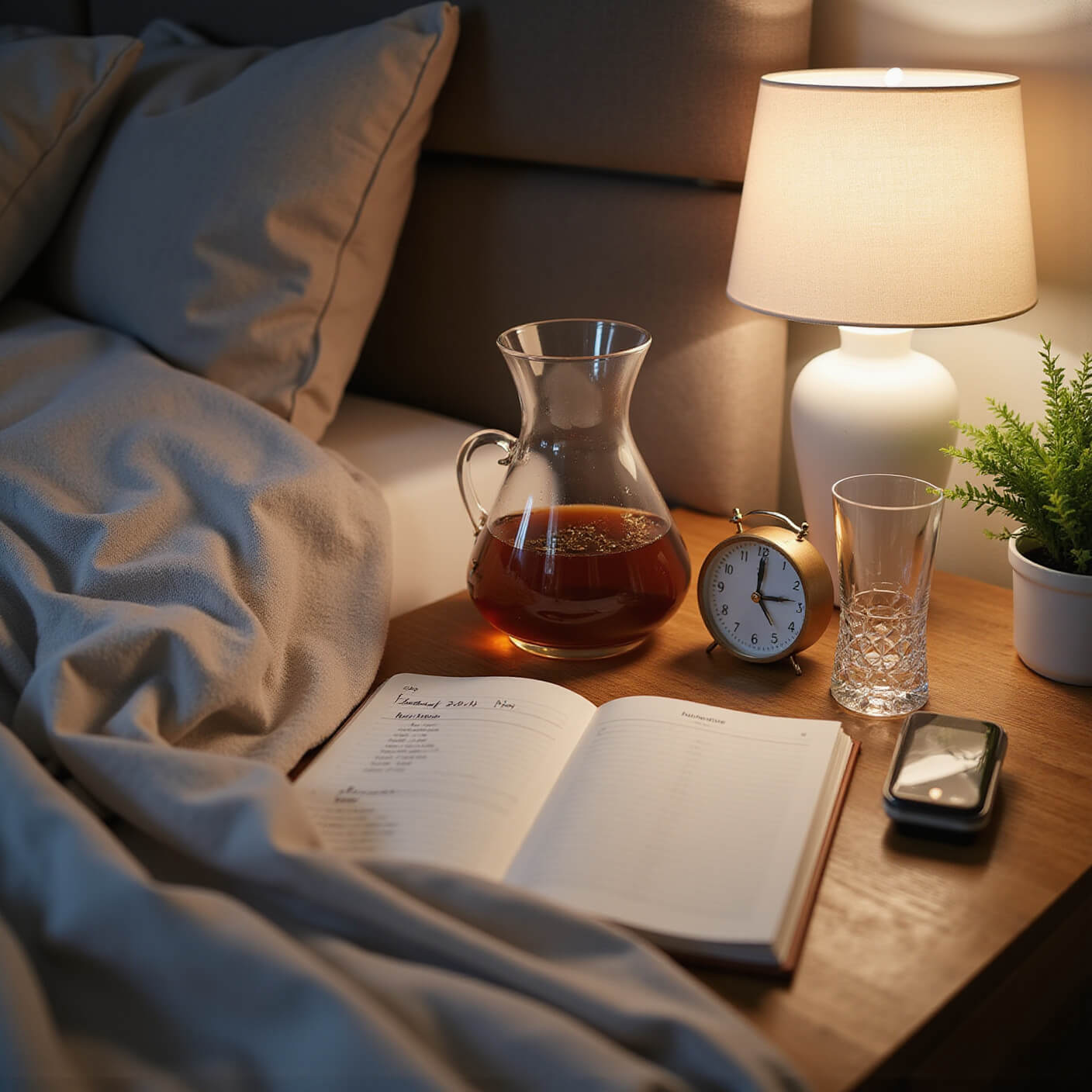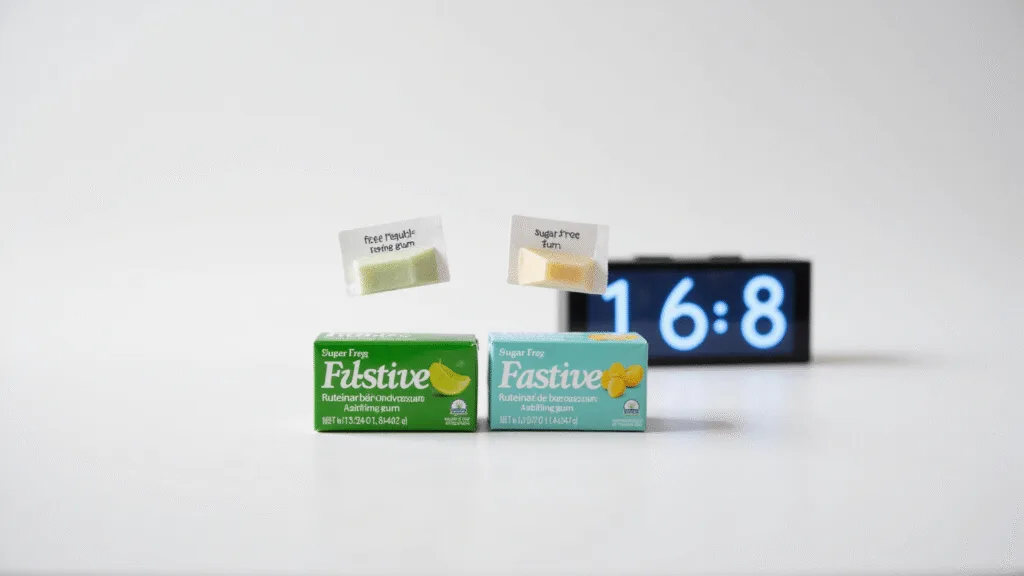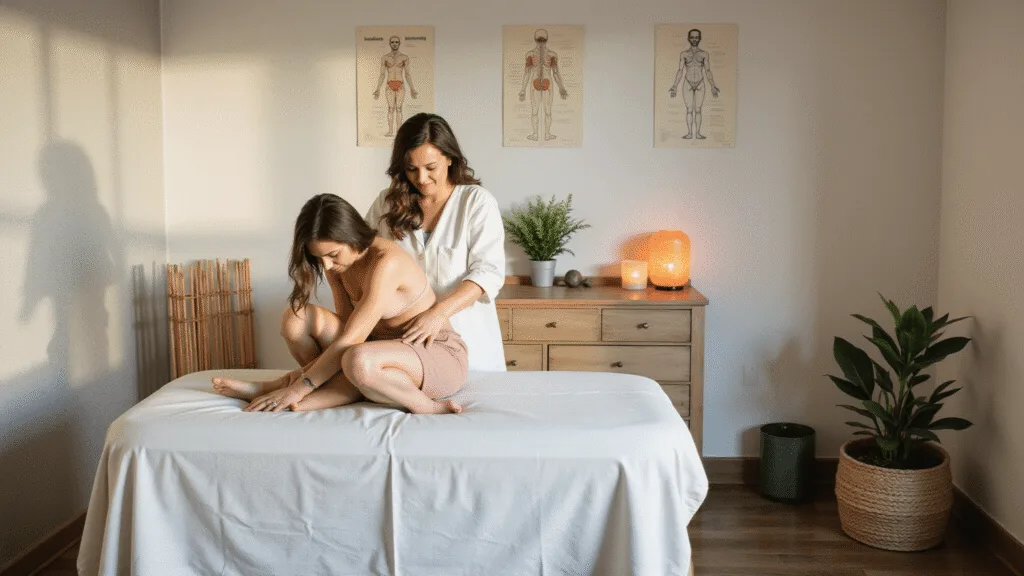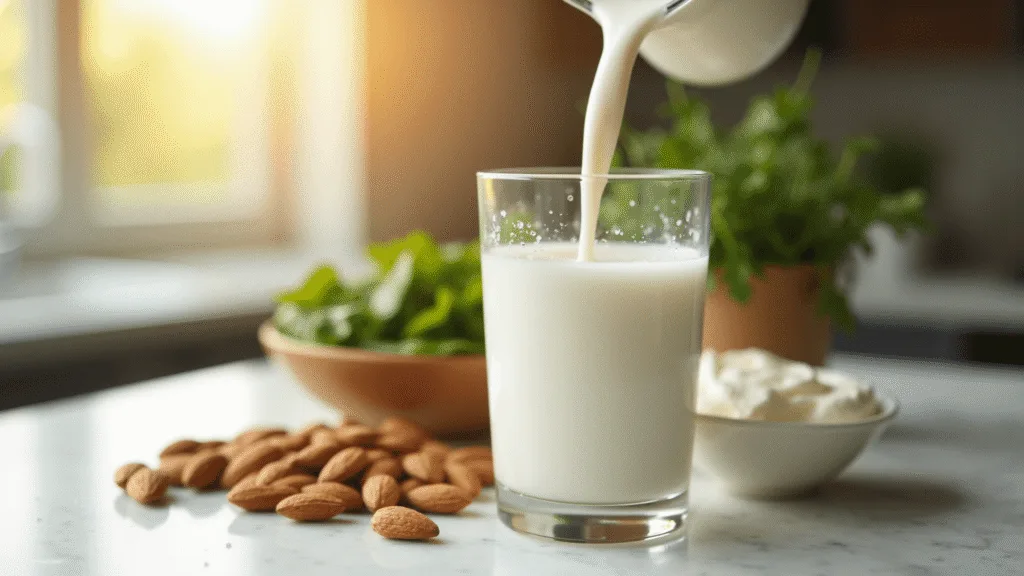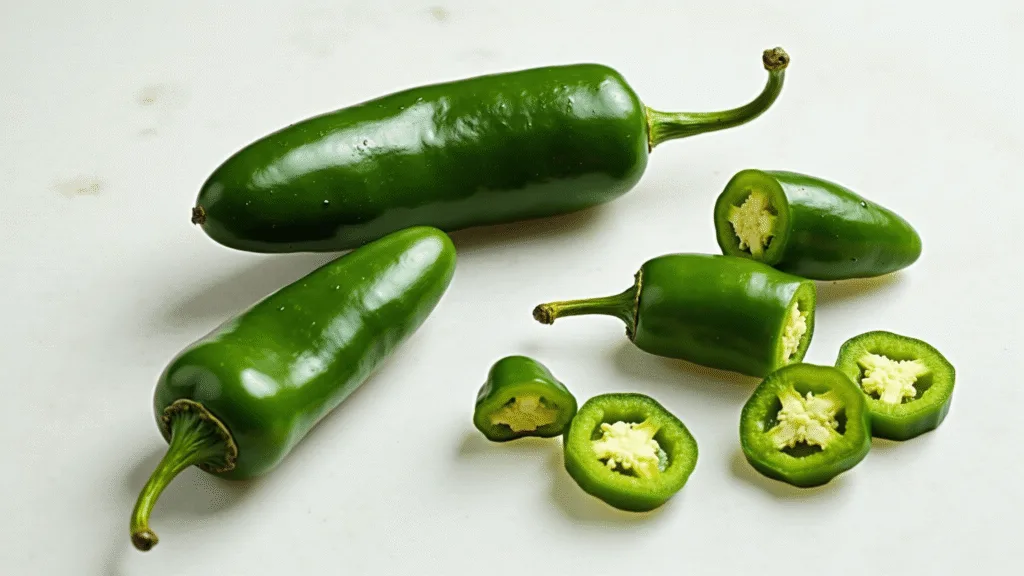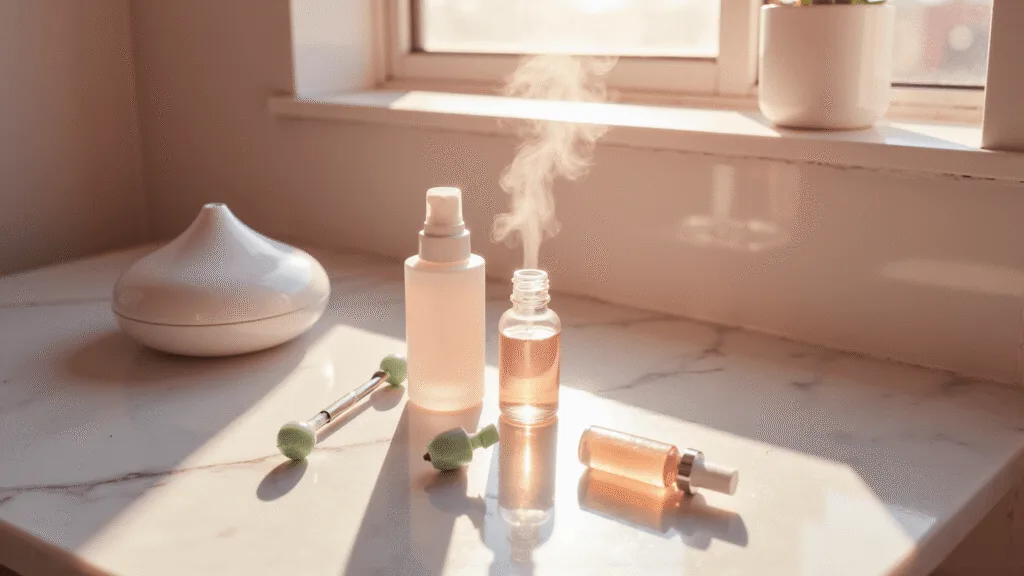The Simple But Life-Changing Benefits of Staying Hydrated
Hydration is probably one of those things you know you should pay attention to, but honestly? It’s easy to forget when life gets busy. I’ve been there too—realizing at 9 PM that the only thing I’ve drunk all day is three cups of coffee and maybe a sip of water with lunch.
But here’s the thing I’ve learned: staying hydrated might be the easiest health hack that gives you the biggest returns. No fancy equipment needed, no complicated routines to follow—just good old water.
The cool part? Once you start paying attention to your water intake, you start noticing changes pretty darn quick. Let me break down why this matters and how to make hydration a no-brainer part of your everyday life.
Why Your Body’s Literally Begging for Water
Your body is basically a walking water tank—about 60% water, to be exact. That’s why dehydration hits you so hard.
Here’s what proper hydration actually does for you:
- Keeps your energy levels up when you’d normally crash
- Helps your brain stay sharp when you need to focus
- Makes workouts suck less (seriously, try exercising dehydrated—it’s brutal)
- Flushes toxins out through your kidneys and liver
- Prevents those killer headaches that seem to come out of nowhere
I remember training for my first 10K and hitting a wall during a long run. My muscles cramped, my head pounded, and I felt dizzy. Turned out I wasn’t drinking enough before and during my runs. When I finally got serious about hydration, my performance improved dramatically. Those same distances suddenly felt manageable.
The Warning Signs Your Body’s Thirsty (Before It Gets Bad)
Most people wait till they’re super thirsty to drink water. By then, you’re already dehydrated. Here’s what to watch for:
- Dark yellow pee (it should be light yellow or almost clear)
- Feeling tired for no reason, especially mid-afternoon
- Headaches that come on gradually
- Dry mouth or chapped lips
- Feeling hungry shortly after eating (sometimes thirst masquerades as hunger)
- Brain fog or trouble concentrating
I used to get these weird afternoon headaches at work. Tried everything from changing my computer screen brightness to cutting back on caffeine. Then my doctor asked a simple question: “How much water have you had today?” Embarrassingly, the answer was practically none. Started drinking water regularly throughout the day, and those headaches? Gone within a week.
How Much Water Do You Actually Need?
You’ve probably heard that eight glasses a day rule. Truth is, it varies based on:
- Your body size
- How active you are
- The climate you live in
- Your overall health
- What kinds of foods you eat (fruits and veggies have high water content)
A better approach? Check your pee color (I know, gross but effective). If it’s dark yellow, drink more. If it’s very pale yellow or almost clear, you’re doing great.
For most people, between 2-3 liters (8-12 cups) daily works well. But if you’re exercising or it’s hot out, you’ll need more.
Making Hydration Actually Happen (Without Thinking About It)
Let’s be real—remembering to drink water throughout the day is surprisingly hard. Here’s what works for me:
1. The container trick
Get yourself a water bottle you actually like using. Sounds simple, but it makes a huge difference. I have a 32-ounce bottle with time markers that I refill twice daily.
2. Set hydration triggers
- Drink a full glass right after waking up (before coffee!)
- Always drink before meals
- Take a few sips every time you check your phone
- Keep water at your desk where you can see it
3. Make it taste good (without the junk)
If plain water bores you:
- Add fresh cucumber, lemon, or berries
- Try herbal teas (hot or cold)
- Use a splash of juice in sparkling water
- Experiment with mint leaves or a cinnamon stick
4. Tech help for the forgetful
I used to be terrible at remembering to drink regularly. Downloaded a water tracking app that sends reminders, and it seriously changed my habits.
Common Hydration Mistakes I’ve Made (So You Don’t Have To)
Waiting until you’re thirsty
By the time thirst kicks in, you’re already somewhat dehydrated. Sip regularly instead.
Substituting coffee or soda for water
Caffeine is a diuretic—it makes you pee more, which can contribute to dehydration. Same goes for alcohol.
Over-hydrating before bed
Nothing worse than interrupted sleep from bathroom trips. I try to front-load my hydration earlier in the day.
Not adjusting for workouts or weather
I learned this one the hard way during a summer hike. You need way more water during exercise or hot weather—sometimes double your normal amount.
Special Situations When Hydration Matters Even More
- When you’re sick: Fever, vomiting, or diarrhea can dehydrate you quickly. Small, frequent sips help when you’re under the weather.
- During air travel: The recycled air on planes is incredibly drying. I always bring an empty water bottle through security and fill it up before boarding.
- In high altitudes: Higher elevations cause faster water loss through breathing and increased urination. When I visited Denver, I had to consciously drink more than usual.
- For weight management: Drinking water before meals helps control appetite. I’ve noticed I eat smaller portions when I hydrate first.
The Bottom Line on Hydration
Staying hydrated isn’t fancy or complicated, but it might be the most underrated health habit out there. It takes minimal effort but pays off in how you feel everyday.
You don’t need expensive filters, special bottled waters, or hydration supplements (though electrolytes can help if you’re exercising intensely).
Just make friends with plain old water, find your rhythm with it, and notice how much better your body runs when it’s properly hydrated.
What hydration trick works best for you? For me, it’s that marked water bottle plus setting “water alarms” on my phone. Simple, but effective.

